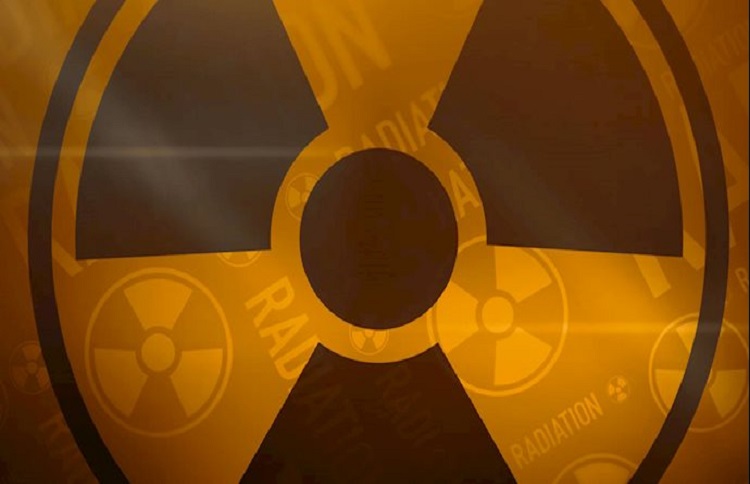
By Pooya Stone
Following a resolution by the Board of Governors of the United Nations nuclear watchdog against the Iranian government on 19 June, Britain, France, and Germany issued a statement calling for the European arms embargo against Iran to remain in effect until the end of 2023.
They expressed concern about security and stability in the Middle East as one of the reasons that Iran must remain under the arms embargo.
The Iranian government has tried in the past weeks to stop the US government from a new arms embargo against Iran, so its lobbyist around the world have expressed Tehran’s will. But the reality is that the situation in that the Iranian government is stuck, thanks to its malign global activities is so obvious that even the EU countries which had supported the regime in confrontation with the US government especially about the JCPOA, were not able to close their eyes on this issue and asked for a new arms embargo against this regime.
Top official Nasrollah Pejmanfar said with irony to Iran’s President Hassan Rouhani on 21 June in a parliament meeting: “Mourning and crying for the JCPOA is dead and its shroud is rotten too.”
He added: “The government should not talk about the issue of leaving the JCPOA in response to the irrational behavior of European countries in the continuation of this cooperation with the United States and should speak about the leaving of the NPT.”
What is shows is clear evidence that the Iranian government has been stopped from the building of the nuclear bomb and this is what this sovereignty is frustrated must about. As the state-run daily Keyhan said: “Alas! That we become the edification of the [North] Koreans!” (Kayhan, 21 June)
Fearing and being frustrated about the successive statement against its government, while once its former president Ahmadinejad arrogantly said: “You can issue so many resolutions until finally your resolution bag tears up,” but now not only has the ‘resolution bag’ not withered, but: “In all the years that President Rouhani has been in power, the ‘abolition of anti-Iranian resolutions’ and the ‘prevention of the adoption of a new resolution’ have been one of the most important justifications for the so-called ‘De-stressing’ policy. It is really sad and, of course, instructive, to focus on “preventing the issuance of a resolution” for nearly seven years, and in the last year of your presidency, they escort you with a resolution.”
About the extreme defeat of Iran, Abdollah Ganji one of the key elements of the IRGC said: “These days, the three European signatories to the JCPOA have become the main axis of the Council of Governors’ statement against our country, and at the same time call for the continuation of our arms embargo until 2023, in other words, they passed up from their signature that we could buy and sell weapons in November this year. The result of this process leads us to the conclusion that we have returned to the winter of 2012, with the difference that we have now given the nuclear reactor, we have accepted the bans, we do not sell oil, currency and coin have been lost, and we wish that the situation of 2012 could be continued that each Toman was 3600 to the US dollar and a gold coin was worth one-fifth of the value it has now.”
He added: “In order for the esteemed readers to know that this is not a political confrontation with Rouhani’s government, we emphasize that if another government had followed the same scale and index, we would have returned to 2012.” (Javan, 21 June)
That means that this fate was for the Iranian government imminent and is not particular for Rouhani’s government.
Frustrated about China and Russia in supporting the Iranian government, the Jahan Sanat daily on 21 June added: “The experience of Beijing and Moscow’s pendulum and cross-sectional behaviors has shown that their role in preserving the JCPOA cannot be relied on because both Beijing and Moscow are considering their interests in Tehran, it is not possible to expect them to remain with Iran, given the current relationship.”
Finally, about Tehran’s defeat, the state-run Mashregh daily added: “The biggest strategic mistake in the Islamic Republic was the JCPOA agreement, and today JCPOA’s overt and covert weaknesses against our national security are becoming more apparent.” (Mashregh, 19 June)
Read More:


